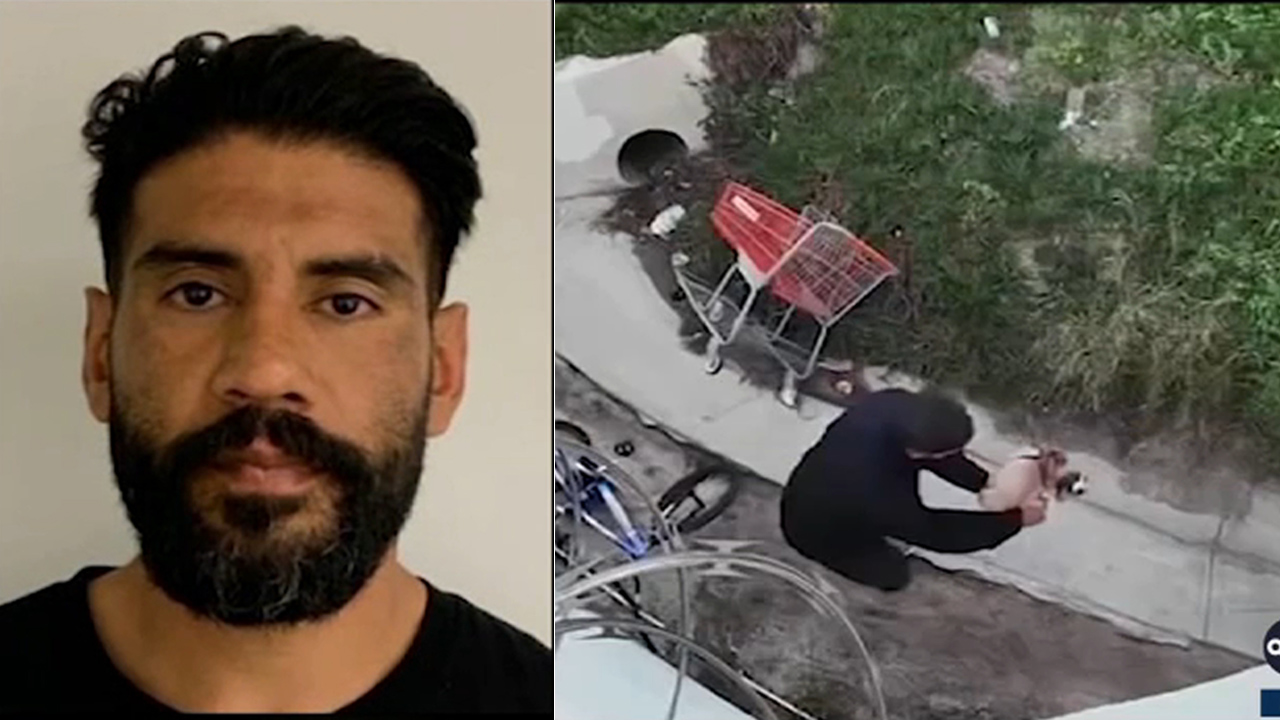Communication breakdown delayed State Dept. probe of mysterious illnesses: Watchdog

A communication breakdown within the U.S. State Department delayed by eight months a formal investigation into a series of mysterious maladies suffered by dozens of U.S. diplomats and personnel in Cuba -- and the probe only began after State Department officials in Washington saw reports about the situation in the media, according to a new report issued by the federal Government Accountability Office.
Up until that point, the State Department's Office of Management, which launches internal reviews, had no idea what was happening, even though several other bureaus within the sprawling bureaucratic agency were responding to the incidents.
The State Department is required by law to convene a special panel known as an Accountability Review Board (ARB) to investigate any serious incident involving a U.S. mission abroad within 60 days.
The breakdown in communication put the State Department "at risk" of failing to meet its legal responsibilities and "could result" in failures "to improve security programs and practices" at U.S. missions around the world, according to the report.
"Improving its security programs at U.S. diplomatic posts is all the more imperative given recent reports of similar incidents, such as in Guangzhou, China," the report concluded.
The report notes that the State Department still has not determined the cause or perpetrator of the brain injuries 26 U.S. personnel in Cuba and one in China have now suffered. The State Department's joint investigation with the FBI remains ongoing.
The State Department's Office of Management vets incidents overseas and recommends to the Secretary of State whether or not to convene an ARB -- the formal body that investigates any serious injury, death, or destruction of property overseas to strengthen the department's security procedures.
In November, 2016, diplomatic personnel in Havana began reporting unusual experiences -- strange noises, like buzzing or chirping, and vibratory or pressure-like sensations, which were followed by the rash of symptoms including headaches, cognitive difficulties, trouble sleeping, seeing or balancing. The health issues ultimately resulted in brain injuries in more than two dozen embassy employees or their family members.
In January 2017, according to the report, the embassy's chief of mission and top security officer reported the incidents to Washington as "a new type of harassment."
Specifically, they notified the State Department's Diplomatic Security and the National Security Council at the White House.
In March, embassy leadership hosted several meetings with U.S. personnel to share what they knew, and the following month the issue was escalated to Emergency Action Committee meetings.
Yet the first notification to the department's wider senior management didn't come until April, with a cable distributed by Crisis Management Services that "did not include detailed information about the incidents or associated injuries."
Even so, the Office of Management did not review the cables.
By May, the watchdog report says, the embassy and several State Department offices in Washington were aware that 16 U.S. personnel and family members had been injured. Those office include the Bureau of Diplomatic Security, the Bureau of Western Hemisphere Affairs, and the Bureau of Medical Services -- which arranged for evacuations of 40 personnel to Miami for medical evaluations.
Still, no one notified the State Department's Office of Management to initiate an investigation. The report faults the State Department for not having a clear "policy, procedure, or process for internal communication of such incidents" to the office.
Instead, officials learned about the incidents after news first broke in the media in August 2017.
The issue isn't new to the State Department. Inspector General reports from 2013 and 2015 identified similar communication breakdowns as problematic.
But the State Department never initiated a policy to change that, instead responding in 2015 that "such a blanket inclusion" of the Office of Management on all security incidents would result in it "being inundated with a large number of irrelevant reports."
This time, however, department officials have accepted the watchdog report and now say they will "re-assess and improve its processes for ensuring such effective internal communication."
The officials do not say how exactly they will do so.




